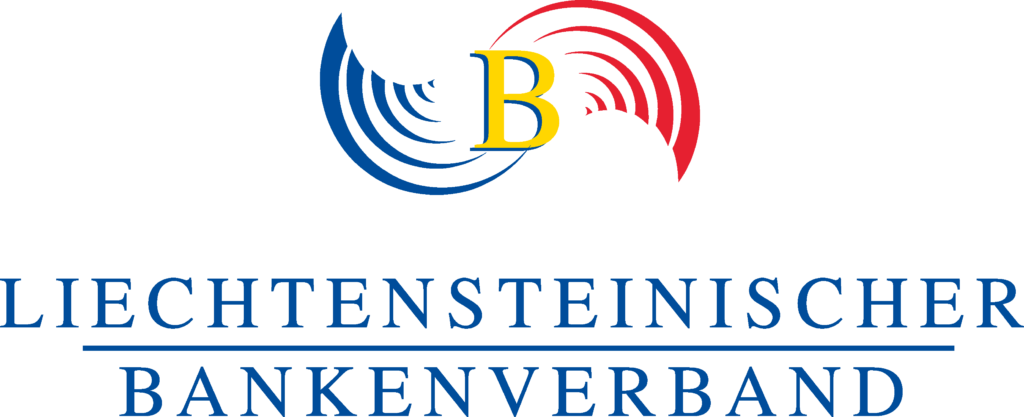In our fast-moving world, two terms are always in the headlines: Digitalisation and sustainability. Both are not just trends but decisive factors that will shape our future. In the world of finance, artificial intelligence (AI) and blockchain play a central role in promoting sustainable finance. But how exactly does it work?
Artificial Intelligence and Sustainability
Artificial intelligence, often simply referred to as ‘AI’, is a field of computer science that enables machines to mimic human-like thought processes. In the financial world, AI can be used to identify investment opportunities that are both profitable and sustainable. With the help of AI, banks and financial institutions can analyse vast amounts of data to determine which companies and projects offer the best opportunities for generating financial profit and creating a positive impact on the environment and society.
Blockchain: More Than Just Cryptocurrency
When people hear about blockchain, the first thing that comes to mind is Bitcoin or other cryptocurrencies. However, the technology behind these digital currencies has the potential to go far beyond finance. Blockchain helps to bring transparency and trust to the financial sector by ensuring that every transaction is verified and immutable. This can be particularly useful in ensuring that investments are truly sustainable.
Why is This Important?
The world is facing numerous challenges, from the climate crisis to social injustice. As the interface between investors and capital recipients, the financial industry has a crucial role in influencing these problems by investing in sustainable projects and companies or launching corresponding products on the market. Digitalisation offers the tools to make these investments more efficient, transparent, and trustworthy.
Blockchain and AI: At Odds with Sustainability?
At first glance, it may seem as if blockchain and AI are at odds with sustainability, especially when considering the energy consumption of large blockchain networks or the resources required for advanced AI models. Critics often highlight these concerns. However, these technologies can help reduce energy consumption and utilize resources more efficiently. For instance, blockchain can reduce paper consumption by replacing physical documents with digital contracts. AI can analyse energy consumption patterns and suggest ways to increase efficiency. Thus, these technologies are not only compatible with sustainability but can also promote it.
Why Courage is Needed Now
As a banking industry, we are at a crucial point. The world is changing, and we need the courage to embrace these changes, particularly with regard to blockchain and AI. It’s about offering our customers real added value. By integrating these technologies into our core business and developing new products, we can provide more efficient, secure, and transparent services. Though we are still at an early stage, with much to learn and experiment with blockchain, tokenisation, and AI, this is not a gimmick but an investment in the future. Courage also requires a willingness to invest in these technologies and the risk of making mistakes. Only through such courage and acceptance of mistakes as learning opportunities can we grow and develop as an industry.
Role and Stance of the LBA
Digitalisation and sustainability are the two core pillars of our banking centre strategy, Roadmap 2025. We are deeply convinced of the importance and potential of increasing digitalisation and sustainability, as well as digitalisation for sustainability. However, this is not easy, and it does not happen overnight. We want to do it ‘right’. We are in a double transformation phase. We believe these two factors have the power to fundamentally change how we think about money and investments. This also means that sustainability and digitalisation are key competitive factors that will determine whether a financial centre, a banking centre, or an individual institution will remain competitive in the medium to long term. In short, we see digitalisation and sustainable financing as the future of the financial sector. This is why we are involved in both areas at all levels at the Bankers Association and why we seek connections, because ‘no sustainability without innovation and no innovation without sustainability’. This applies to the various projects we have launched over the past 12 months, from climate-neutral non-fungible tokens (NFTs) to collaborations in the blockchain and AI sector. These collaborations and projects allow us to learn and experiment.
Overall, AI and blockchain have the potential to revolutionise the way we think about sustainable finance. We aim to ensure that our financial centre is at the forefront of this revolution, making our future both digital and sustainable.
Author: Simon Tribelhorn, CEO at Liechtenstein Bankers Association (LBA)
About Liechtenstein Bankers Association (LBA)
The Liechtenstein Bankers Association was founded in 1969 and is the voice of Liechtenstein banks at home and abroad. It is one of the most important associations in the country and plays an important role in the successful development of the financial centre. As a member of the European Bankers Federation (EBF), the European Payments Council (EPC), the European Parliamentary Financial Services Forum (EPFSF), the Liechtenstein Bankers Association is an important member of key bodies at European level and plays an active role in the European legislative process. Since 2017, the Liechtenstein Bankers Association has also been a member of the Public Affairs Council (PAC) with offices in Washington and Brussels, and since 2018, a member of the international network “Financial Centres for Sustainability” (FC4S). With the Roadmap 2025, the LBA has placed an even stronger focus on the two major topic «sustainability» and «digitalisation». As a consequence, the LBA joined the following two initiatives in 2021, each of which is a leader in its field: firstly, it has become an official supporter of the UN Principles for Responsible Banking and the Net-Zero Banking Alliance and secondly, it has become an affiliate member of the Canada-based Blockchain Research Institute (BRI), an independent, global think-tank dedicated to inspiring and preparing private- and public-sector leaders to be the catalysts of the blockchain transformation.
https://www.bankenverband.li/en/bankers-association/roadmap-2025


